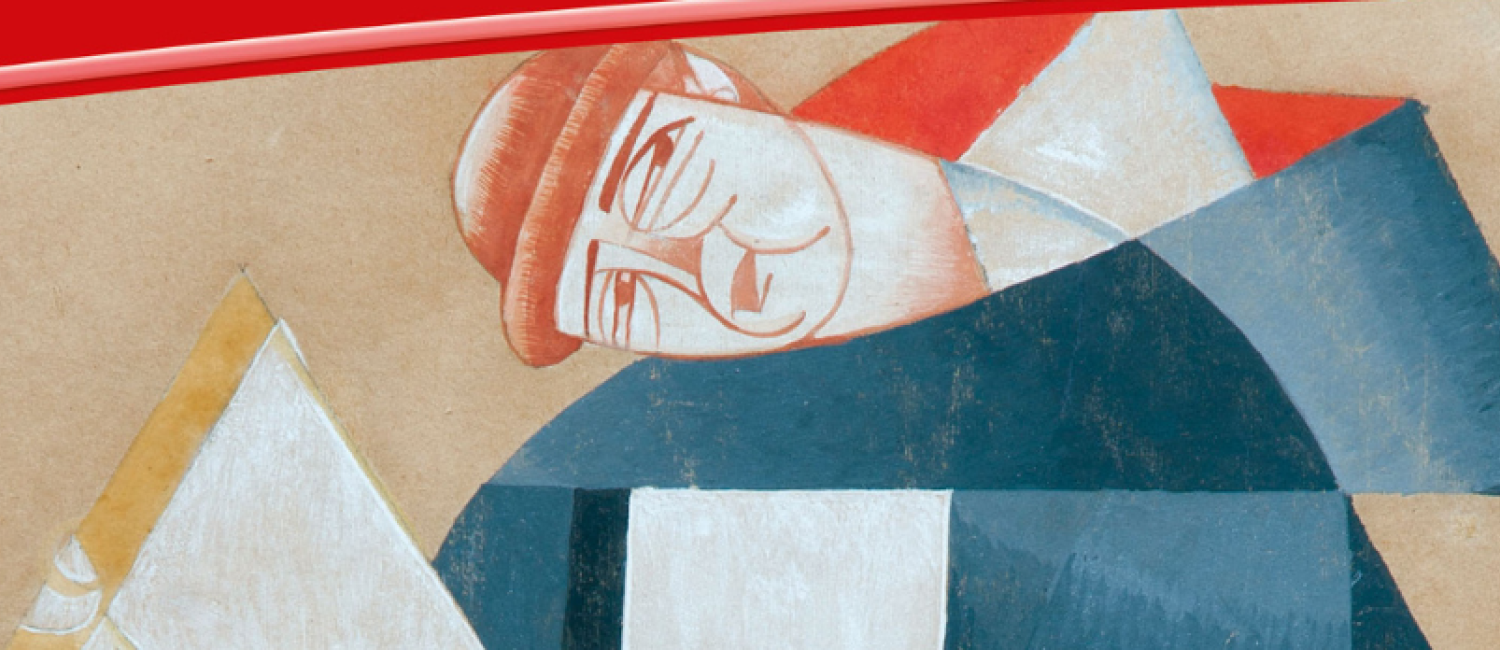The number of publications on the subject of the avant-garde is not manageable. They appear in various national languages and are thus part of a national discussion, which is difficult to follow from the outside. They deal with artistic personalities considered important, so-called centres, so-called peripheries and movements considered paradigmatic. The region of Central Europe cannot be found on any map. However, it forms a specific unit that can be seen particularly historically and culturally as a self-contained biotope - for example as a place of cultural transfer between the other European regions, for example the East and the West.
The region is formed by a series of small states whose borders were repeatedly redrawn in the 20th century. It is characterized by diversity, plurality and an intense dynamism which, in cultural terms, can be seen as a laboratory of tradition and of tradition and renewal. The book entails chapters on (former) Yugoslavia, Austria, (former) Czechoslovakia, Romania, Hungary, Poland and Ukraine, portraits of artists, manifesto and groups of the short 20th century.
Discussion with the editor Wolfgang Müller Funk and the author of the chapter on Hungary, Karoly Kokai (both University of Vienna). Moderator Gabor Schein ELTE Budapest.
Discussion in English. Questions from the audience Englisch, German or Hungarian.
Participation in the program is free!
BUCHVORSTELLUNG
Die Zahl der Publikationen zum Thema Avantgarde ist nicht überschaubar. Sie erscheinen in verschiedenen Nationalsprachen und sind so Teil von nationalen Diskussion, die von außen schwer zu verfolgen ist. Verhandelt werden als bedeutend erachtete Künstlerpersönlichkeiten, sogenannte Zentren, sogenannte Peripherien und als paradigmatisch geltende Bewegungen.
Die Region Zentraleuropa findet sich auf keiner Landkarte. Sie bildet aber eine spezifische Einheit, die sich insbesondere historisch und kulturgeschichtlich als geschlossenes Biotop anschauen lässt – indem sie beispielsweise als Ort des Kulturtransfers zwischen den anderen europäischen Regionen, etwa dem Osten und dem Westen, angesehen wird. Die Region bilden eine Reihe von Kleinstaaten, deren Grenzen im 20. Jahrhundert wiederholt neu gezogen wurden. Sie zeichnet sich durch Diversität, Pluralität und eine intensive Dynamik aus, die in kultureller Hinsicht als Laboratorium von Tradition und Erneuerung angesehen werden kann.
Gespräch: Wolfgang Müller-Funk und Karoly Kokai (beide Universität Wien). Moderation: Gabor Schein (ELTE Budapest).
Das Gespräch findet auf Englisch statt. Fragen können aber auch auf Ungarisch und Deutsch gestellt werden.
Die Teilnahme am Programm ist kostenlos!
Please be informed that our events will be recorded by sound and video, from which the Ludwig Museum may use details to promote the museum and its programs and for other promotional purposes. By participating in our events, you agree that you may appear on the recordings, but you may not make any claim against the use of the recording with the Ludwig Museum or third parties authorized by it.

